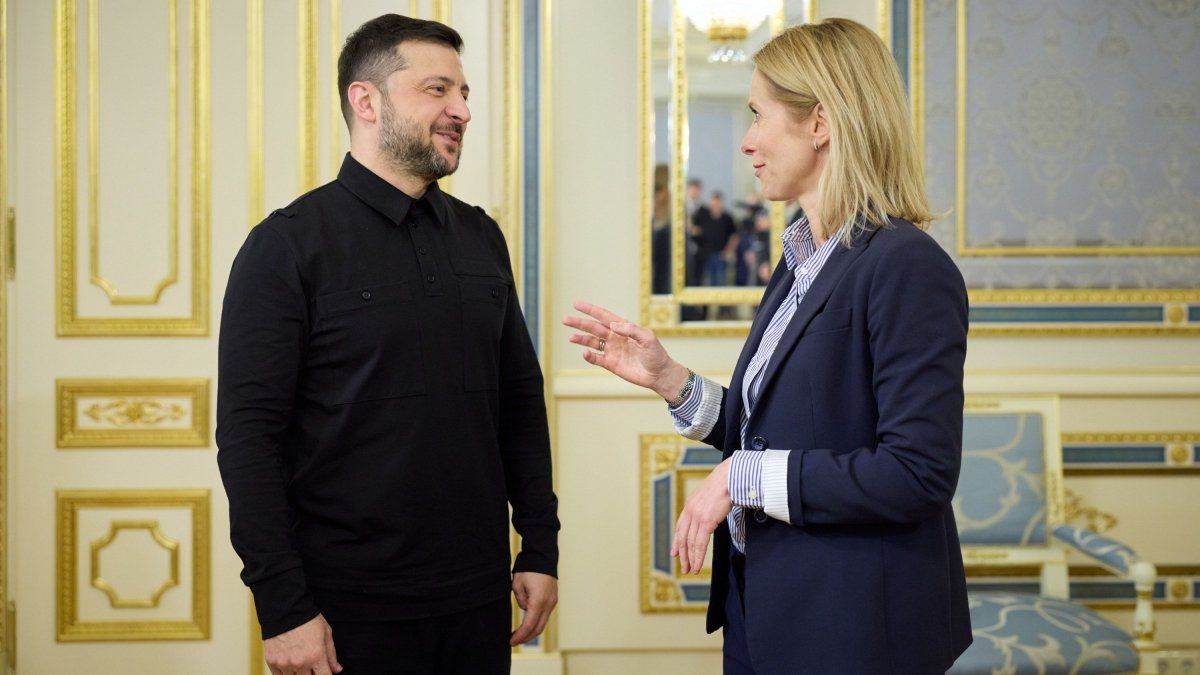devaluation jump
After the presentation of his economic program, Melconian spoke with a group of media about economic news. Asked about the balance he makes on the end of the soybean dollar, he assured that he did not eliminate the expectation of devaluation: “The soybean dollar was the bet to accumulate reserves, complementary to the subsidies in the fiscal part. But it did not lower the expectation of a devaluation jump. A $200 exchange market was set up, which was in surplus by more than US$7,000, but the $140 market continues to be in deficit, by US$2,500.”
Along the same lines, he added: “The more than US$7,000 of soybeans are very likely the anticipation of another price than what would have been October, November and December. The question that the market is asking is if this quarter is going to be a deficit for the Central Bank, then the initial opinion of the first of September, that there is a problem in the external sector, will not have been broken. That is why as of September 30, the expectation of a devaluation jump is still open.
For Melconian, the future of the exchange rate will be marked by what happens day by day in October, without the soybean dollar: “The acid test of seeing how the flow of the foreign exchange market turns out is to see what happens in the last quarter. What is going to make him calm or dizzy, pause or dynamic, will be the day to day in October”. In this sense, he considered: “If they start selling US$200 million per day, they are in the oven, because there is no more room to clamp down on import demand. As I believe in the demand curve, what is bad for a dollar of $140, can be matched to another value”.
Asked about the exchange rate that balances the external sector, he explained: “There is no magic number and I am not a seer. Since Alberto Fernández took office until March 2021, the devaluation against inflation was stick by stick, and you did not have the conflicts of the exchange market. From that moment to today, the rate of devaluation was below. There comes a time when the exchange market at that price is negative. For this reason, he stated: “To see the number that balances, you do the account against the real, the euro, the dollar and the weighted trade, and it gives you between 25 and 35%, which is the delay, helped by 10% of world inflation. And if not, he would do it the other way around: let the minister explain why he added $200 to the soybean dollar and not another value. There you have it.”
Going forward, he believed that in order for the external sector to stop being in deficit, structural measures such as a “regime change” are needed. However, he gave his opinion about what he believes the next government measures will be: “I am aware that what is going to happen is to keep running down the patchwork lifeline”. He added that “the Qatari dollar is not the solution”, and he hopes that the trap will continue: “They are not going to release, they are going to look, they are not going to remove the plug from the grid so that it is flooded”.
In any case, he did not rule out the implementation of what he called a stabilization plan, type “Australite heterodox plan with an electoral political sense”. Melconian believed that the question was opened within the Government due to the “two rebellious variables”, of an inflation of 7% that does not go down, and a “super stocks” that is not enough. “The question they have is how they continue. Not to be Pep Guardiola, but Caruso Lombardi. But to be Caruso you have to do something too”.
The president of IERAL said that within the Government they should think about timing: “Within those crazy little heads, how do we do it so that 5 months before the elections inflation drops to 3%, it is not a lovely relief, but you come back a year past, look at the deterioration of Berretalandia. That’s why, if it were by the Government’s own will, it is missing. But maybe in one of those reality puts you. If in October the exchange market gives -15 million dollars day by day, it is not the same as -200”.
Secondly, He assured that there is an issue that should not be left aside, which is cohesion within the Frente de Todos: “You have to review what I did not get into, which is how the truce continues. I don’t know if Cristina Kirchner’s tweet is a warning, but it is clear that she is the one who plays the leading role, and the recipient was the Minister of Economy. We will see”.
2030 economic plan
As he always does when he is invited to business conventions, Melconian presented his 2030 economic plan, which he assured is “non-partisan”, since any government can take it. Among the main guidelines are:
- Labor reform: reduction of litigation, private schemes to finance compensation, adaptation of collective agreements for SMEs and new contractual forms. He assured that of almost 21 million people who work, 8 million do so in the informal sector, and only 6 million in the private sector.
- Pension reform: similar to that of Mauricio Macri, to maintain pensions in real terms. It puts an end to the moratoriums, and the rest to the PUAM. It has a cap on contributions from workers to give rise to spaces for private retirement insurance.
- Exchange, monetary and financial market: assured that a regime change is needed. He said that dollarization is “impracticable”, and that instead it is necessary to go to a bi-monetary regime, which will not imply an exit from the stocks from one day to the next.
- A new Ministry of Economy, “with all the letters”, that includes finance, agriculture, industry, energy, mining, knowledge economy, domestic trade, international affairs and public works.
2 requests to entrepreneurs
In his presentation, Melconian also detailed what the reforms would look like for the private and public sectors to improve competition. However, he made two requests to the executives. On the one hand, He asked them to join a “cultural battle”, under the “predicament that Cavallo instilled”, to convey these economic ideas. On the other hand, he called them to respect the rules: “We are all assclean”. And he recalled an anecdote at the head of Banco Nación: “It happened to me that the Minister of Industry sent me someone to give him a productive line of credit, I answered him, in whose name? This is a bank, it is not Anses”.
Finally, he anticipated a measure that generated some murmurs among the public: “Withholdings in the short term are not going to go down. There is a combo between international price, exchange rate and taxes. We are going to govern for 50 million Argentines, not for a sector. With Macri we got out of the retentions and the third year they put them back. The priority is fiscal balance, otherwise they will not believe us that the program is anti-inflationary”.
Source: Ambito
David William is a talented author who has made a name for himself in the world of writing. He is a professional author who writes on a wide range of topics, from general interest to opinion news. David is currently working as a writer at 24 hours worlds where he brings his unique perspective and in-depth research to his articles, making them both informative and engaging.




